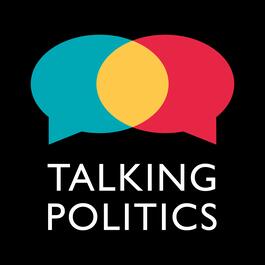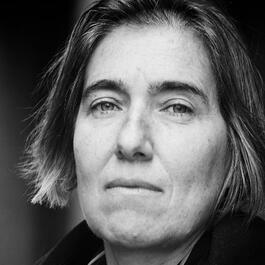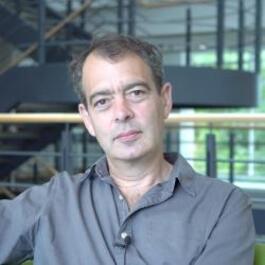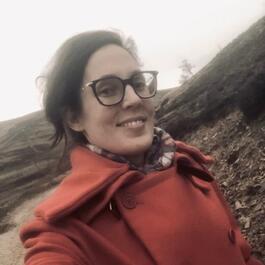
Talking Politics Guide to ... Human Rights in the Digital Age
David talks to Ella McPherson about whether digital communication is making it easier or harder to hold human rights abusers to account. What has been the impact of the social media revolution on reporting human rights violations and does anonymity help or hinder the pursuit of justice? Talking Points: Human rights activism is about analyzing information, processing it, and turning it into evidence.New technologies such as smartphones and messaging services have fundamentally changed the process of information gathering.Analysis has also changed. For example, Google Earth or new forms of modeling can help activists verify reports.Technology has also widened the human rights project. Many groups, including Amnesty International, now outsource some forms of analysis to amateurs. This allows them to process far more information and gives concerned citizens a way to get involved. For a few years, the story about technology and human rights was mostly positive, but there are drawbacks too.Activists had an early adopter advantage (e.g. civilian witness videos), but states are starting to catch up.Technology makes it easier to organize, but it also makes activists more visible and trackable.Today, many activists are limiting or opting out of digital communications.New developments such as “deepfakes” also make it harder to verify information. States can sow doubt by flooding the zone with misinformation. Anonymity in human rights reporting is a mixed bag because it runs against our social understanding of how to produce knowledge.Anonymously provided information may alert fact finders to a problem, but it will rarely be sufficient.Knowing where information comes from is important in the verification process.Unfortunately, this means that vulnerable people are more likely to be silenced. Mentioned in this Episode:Amnesty International’s digital verification projectAnd their open-source investigationsThe Forensic Architecture agency at Goldsmiths, University of London Further Reading: “Anatomy of a Killing:” the BBC uses open-source information including Google Earth to identify and verify a horrifying video circulating on social mediaWhat are “deepfakes” and can we still trust what we see?On blockchain and deepfakesWhat happens when war crimes are recorded on social media? Set your alarms… for Thursday, when David talk to Matthew Taylor about whether more deliberation could remedy some of the defects in contemporary democracy.
From "TALKING POLITICS"





Comments
Add comment Feedback